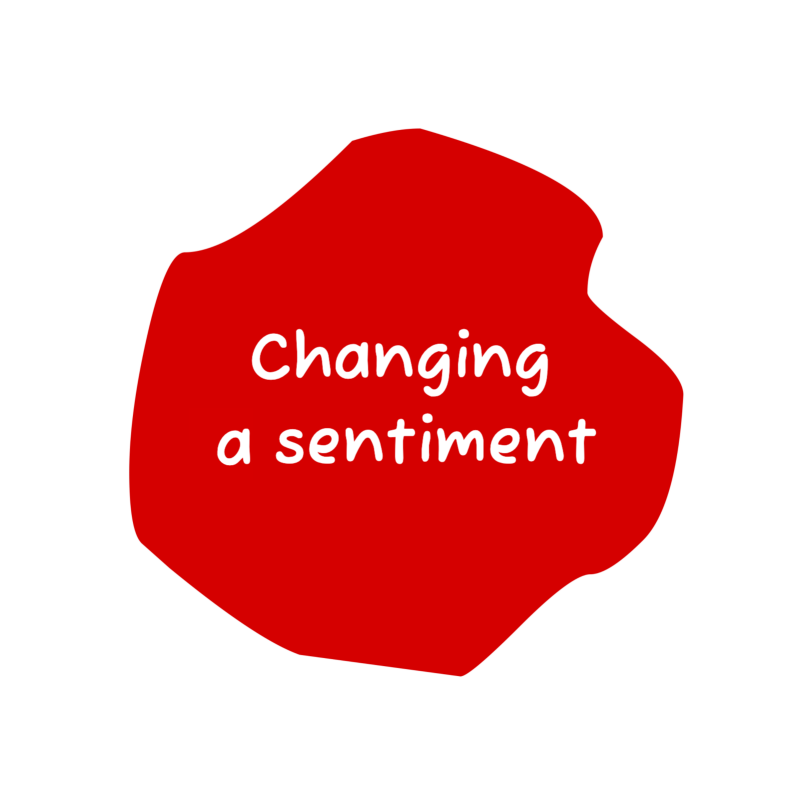A coming sentiment: Poland’s attitude towards LGBTI in the future

Even with a more progressive parliament in power, LGBTI+ rights in Poland remain in limbo. Largely because of who holds the presidential pen. Karol Nawrocki. The recently elected right-wing president, again from the PiS party. He takes over the presidency from Andrzej. He, too, has made it clear he doesn’t support LGBTQ+ rights. Piotr Godzisz, an expert on LGBTI and Politics in Poland, doesn’t wear kid gloves: “The government can have beautiful ideas,” he says. “But they need to be implemented. And they won’t be, because of the new president.”

New president Karol Nawrocki (bron: ANP)
Even with a more progressive parliament in power, LGBTI+ rights in Poland remain in limbo. Largely because of who holds the presidential pen. Karol Nawrocki. The recently elected right-wing president, again from the PiS party. He takes over the presidency from Andrzej. He, too, has made it clear he doesn’t support LGBTQ+ rights. Piotr Godzisz, an expert on LGBTI and Politics in Poland, doesn’t wear kid gloves: “The government can have beautiful ideas,” he says. “But they need to be implemented. And they won’t be, because of the new president.”
“There is no political difference,” he says, between Nawrocki and his predecessor, Andrzej Duda, both from Law and Justice. The thing is, “after many years of advocacy around hate speech and hate crimes against LGBTI people in Poland, finally in 2023 the current government agreed to legislate against hate speech and hate crime targeting LGBTI people. That was the promise of the government, and the government finally delivered on that promise in 2025." Had the more centrist candidate, Rafał Trzaskowski from Civic Platform, won, “there would be a likelihood he would sign the parliament’s legislation”. Nawrocki is unlikely to do that, effectively blocking any progress. And that is likely to be the case with any progress the parliament will try to make.
Radosław Kraszewski, a Polish LGBTI activist, doesn’t hold much hope either. “Nawrocki is more on the extreme side than the current right side party,” he warns. “That’s really, really dangerous for our future.” Unlike the previous president, who at least tried to stay somewhere in the middle, Nawrocki “has communicated quite clearly that he is against the LGBTI community,” and Kraszewski expects LGBTO rights will be “high on the agenda”, but not in a good way.
He's disappointed, especially because the liberal Rafał Trzaskowski seemed to be winning at first, and attitudes towards LGBTI people seemed to have improved. “Maybe your friends, your neighbors, will tell you they are fine with it, but then they will vote differently.” Visibility is up, but acceptance remains complicated.
The picture he paints is a grim one. “The LGBTI community is scared because now, apparently, no one cares for the LGBTI community.” He predicts that “everything that was built the last two years will be destroyed,” and acceptance will likely get worse. Meanwhile, the right wing will probably “try to side with extremist parties to take votes” in the next parliamentary elections. That is a development that worries both activists.
Despite this, Godzisz points to something quite hopeful. While political power may be tightening, society itself is more open than the government suggests. “Polish politicians are very different from the society they claim to represent,” he notes. And though Poland ranks low on LGBTQ acceptance, “LGBTI activists do a lot with little." And they will continue to. “Society is more open than politics,” says Godzisz. The activist networks are still there. People are still pushing, still visible. “We’re not invisible anymore. And that matters.”

Equality March, an LGBT community pride parade, in Lodz, Poland. 'I have the right to love who I want,' their sign says. (Bron: ANP)


